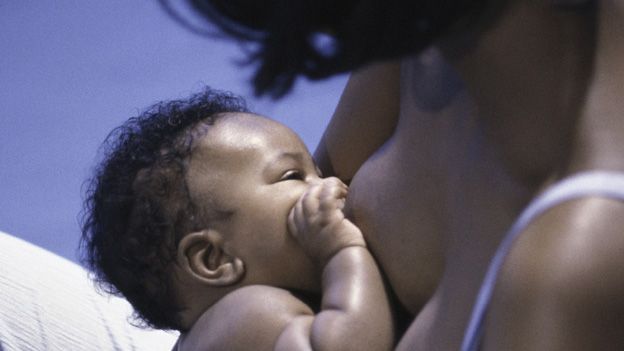Ntsoaki Motaung
August 2, 2022
Maseru
As nations of the world and health-based organisations gather in commemoration of the World Breastfeeding Week for the period spanning August 01-07, 2022, under the theme Step up for breastfeeding: Educate and Support, United Nations Children’s Fund (UNICEF) and World Health Organisation (WHO) have made a clarion call on governments to allocate increased resources to protect, promote and support breastfeeding policies and programmes, especially for the most vulnerable families living in emergency settings.
According to WHO, as global crises continue to threaten the health and nutrition of millions of babies and children, the vital importance of breastfeeding as the best possible start in life is more critical than ever, since breastfeeding also acts as a baby’s first vaccine, protecting them from common childhood illnesses.
This WHO has highlighted upon realization that fewer and fewer mothers actually do accentuate this practice which should be their first and most important gift of love to their newly-born babies, to give them a worthwhile head-start to life and place them steps ahead of health challenges.
Fewer than half of all newborn babies of the world are breastfed in the first hour of life, leaving them more vulnerable to disease and death. And only 44% of infants are exclusively breastfed within the first six months of life, short of the World Health Assembly target of 50% by 2025.
In a move to heed to the call, Lesotho is among the countries commemorating Breastfeeding Week 2022, and among the initiatives for the commemoration, the St James Mission Hospital in Mokhotlong joined-in through awareness campaigns running throughout the week.
According to the hospital’s Public Relations Manager Nyakallo Tau, while there is no particular event that will be staged at the hospital, they will instead be hosting a number of awareness campaigns in the villages in the vicinity of the hospital in order to encourage pregnant women and nursing mothers to continue breastfeeding their babies within the early stages of their life.
She stated that, they not only provide education but also provide mothers with tools to help in the breastfeeding process, while stressing the fact that every child needs to be exclusively breastfed from birth to at least up to six months, because breast milk provides optimal nutrition for babies, it has the right amount of nutrients, is easily digested, and is readily available.
As a matter of fact, WHO believes that the rate at which newborn babies are breastfed is worryingly dwindling instead of improving hence the need to observe such important initiatives as marking breastfeeding week.
“Breastfeeding is one of the most effective ways to ensure child health and survival. However, nearly two out of three infants do not get exclusive breastfeeding for the recommended six months a rate that has not improved in two decades.
“Breast milk is the ideal food for infants. It is safe, clean and contains antibodies which help protect against many common childhood illnesses. Breast milk provides all the energy and nutrients that the infant needs for the first months of life, and it continues to provide up to half or more of a child’s nutritional needs during the second half of the first year, and up to one third during the second year of life,†WHO says.
Breastfed children perform better on intelligence tests, are less likely to be overweight or obese and less prone to diabetes later in life. Women who breastfeed also have a reduced risk of breast and ovarian cancers.




